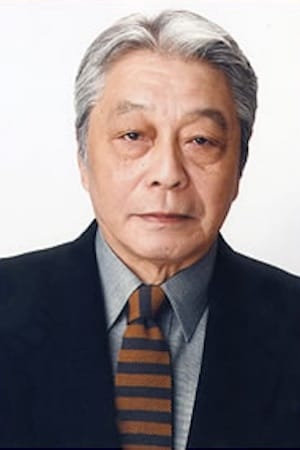
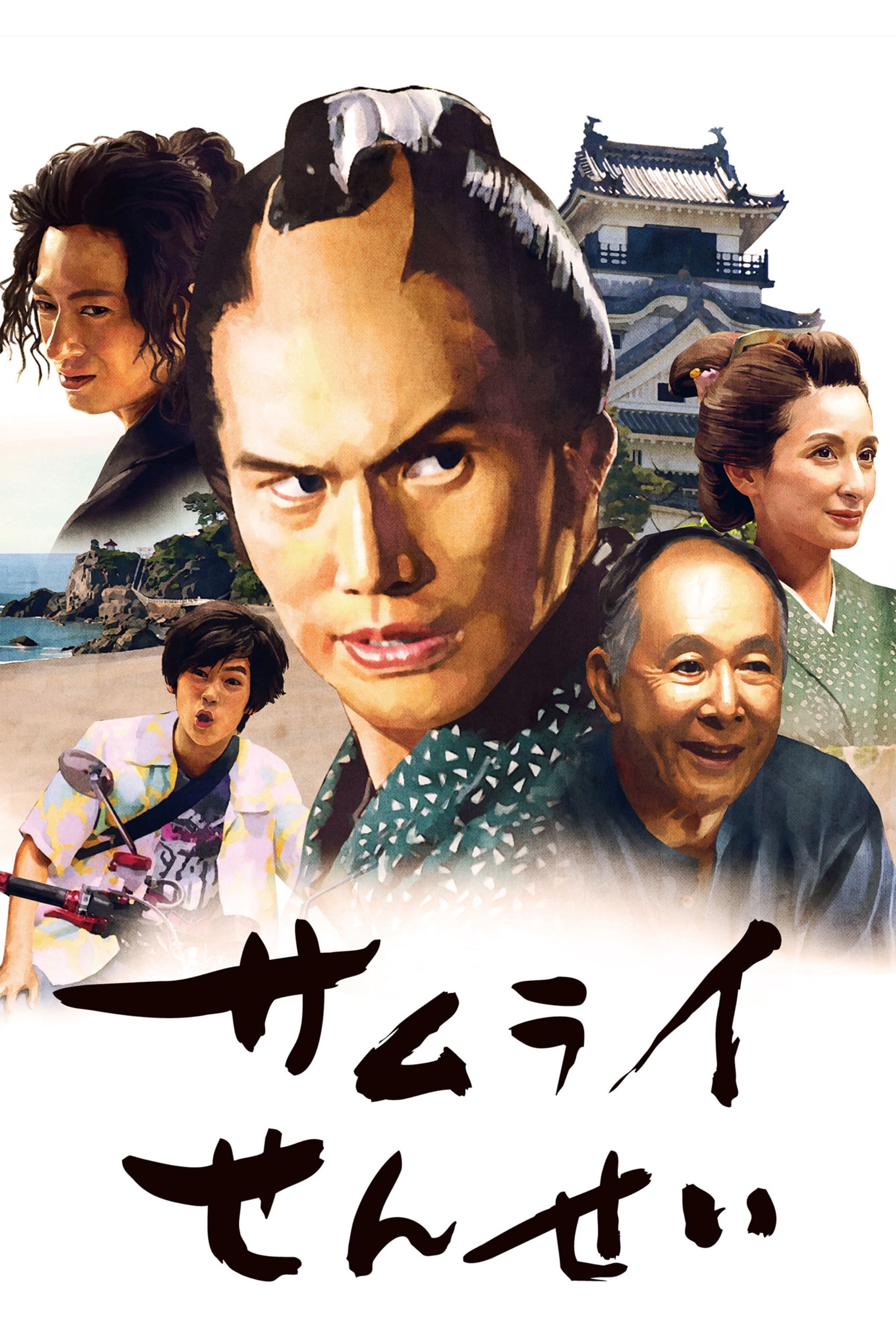
Hanpeita Takeichi, a samurai, finds that he has travelled through time to modern-day Japan. He's taken in by an old man who runs a cram school, and begins to work as a teacher there.
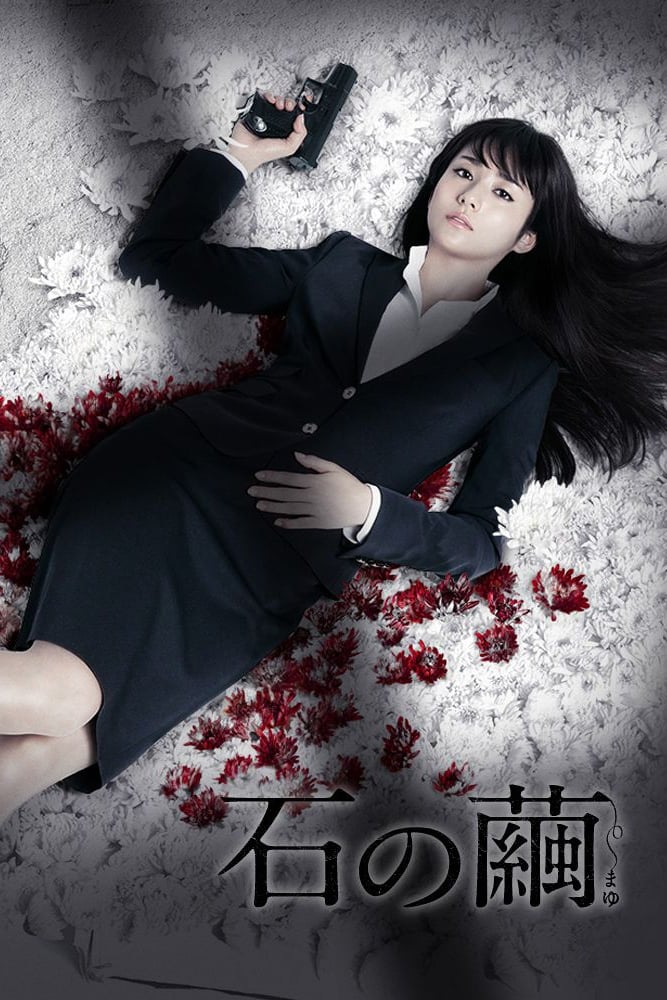
The body of a person who died an unnatural death is discovered encased in mortar like concrete in the basement of an abandoned building. Why was the person murdered this way? The next day, the investigation task force receives a phone call from the criminal who calls himself Tremi during a meeting to discuss the investigation of the case. Then, in a short time after her transfer to the First Investigative Division, Kisaragi Toko becomes the negotiator. Tremi mocks and provokes the police while offering hints regarding the murder. A second murder soon occurs just as Tremi had warned. The victim's head has been covered with concrete as they had expected. What is the criminal's motive and why is the criminal fixated with concrete? The criminal's surprising actual target soon emerges...

“IS” stands for “intersexual,” a term referring to people who cannot clearly be classified as male or female, and who may biologically possess characteristics of both sexes. Rokuhana's manga primarily deals with the troubles faced by the young Hoshino Haru (played by Fukuda), an intersexual who was registered as a girl at birth but has been raised as a boy. Goriki plays Aihara Miwako, a mysterious classmate who tries to get close to Haru. Inoue Masahiro has been cast as Ibuki Kenji, a member of the soccer club whom Haru begins having feelings for. Nishida Naomi and Minami Kaho play Miwako's and Haru's mothers, respectively.
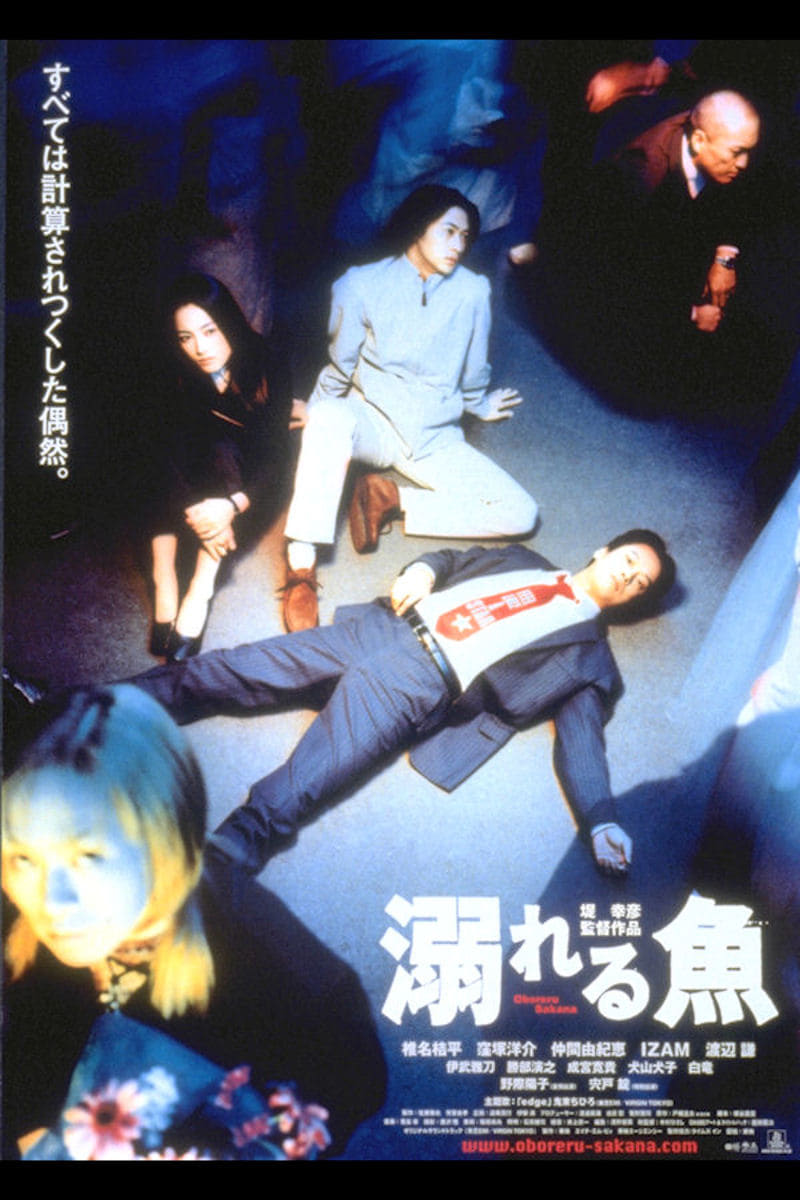
When corporate executives are blackmailed into public displays of nudity on the busy streets of Shinjuku, the big guns are called out to locate "Oboreru Sakana". The "big guns" are a misfit duo of ethically questionable characters who must infiltrate a gay nightclub and "fit in" while they search for clues. What ensues is both hilarious and action-packed. Oboreru Sakana is a rather ambitious and often hilarious contemporary crime thriller. Its narrative swings from the grisly to the humorous and pulls in as many pop culture elements as it can manage.
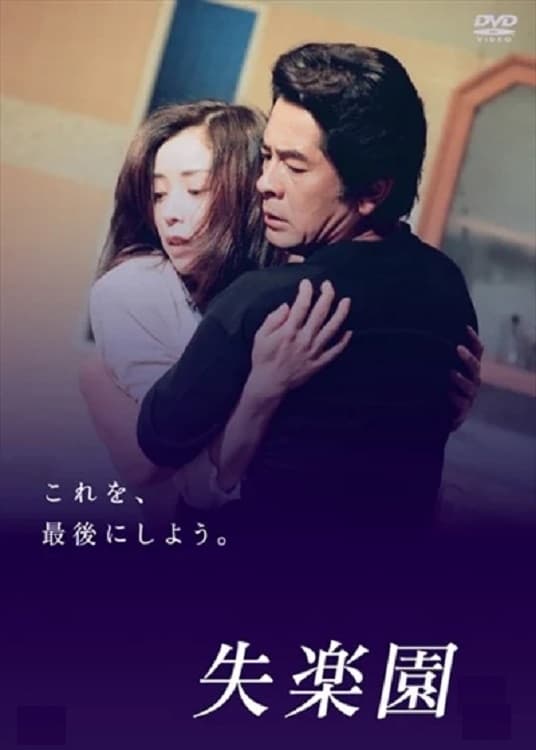
Kuki Shoichiro is relieved of his position as general manager of Gendai Shobo and transferred to the research office. One day, three months after his sudden relocation, on the night of a lecture at the Culture Center at Kinugawa's request, Hisaki meets Rinko Matsubara through his introduction. The story begins a few months later, in September, in a hotel room in Kamakura.
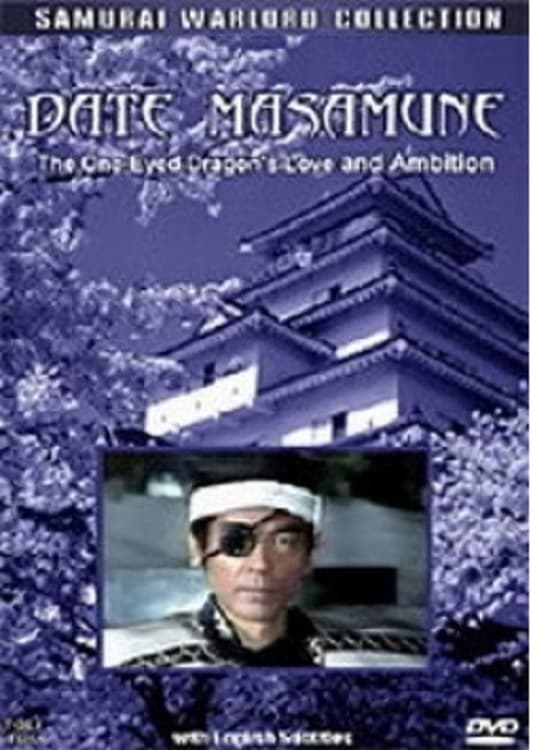
The live of the daimyo Date Masamune
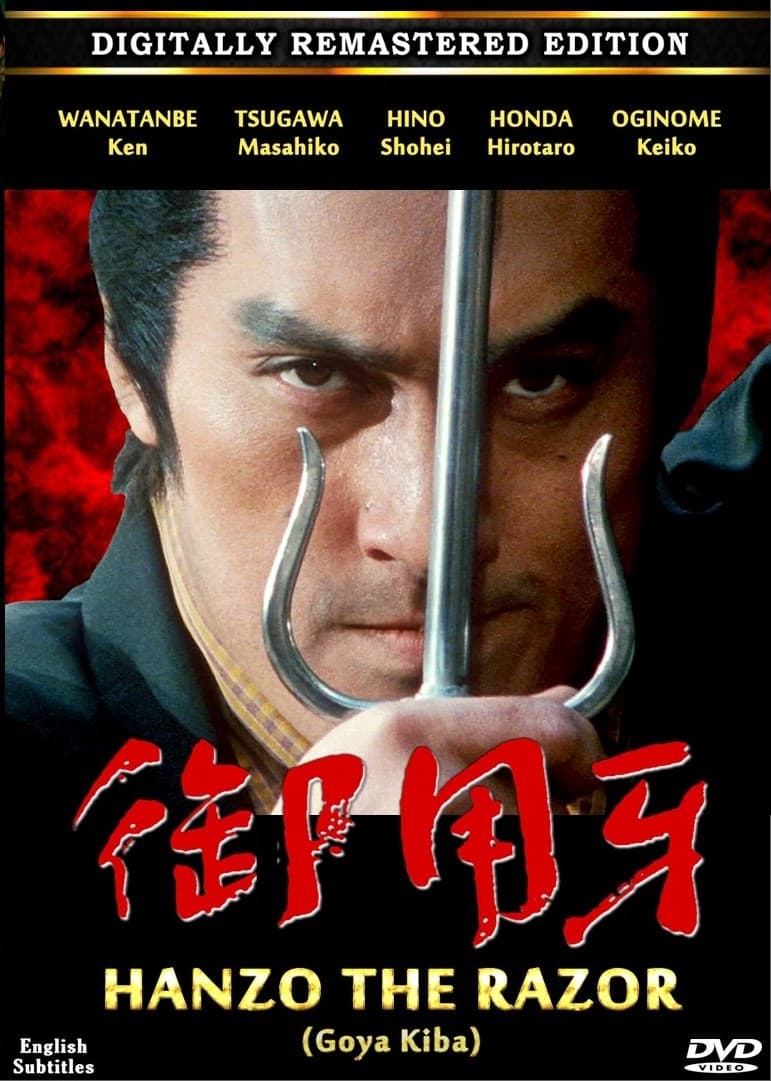
During Tenpo period, Bakuhu announced a law regulating expenditures in order to improve the financial situation. However, Doshin of a government office Itami Hanzo, called Kamisori Hanzo, challenged Bakuhu's oppressive way. Because of this, his father Magobei was told to kill himself by the Bakuhu and Hanzo himself was demoted. Five years later, Hanzo came back to the government office and implement a law regulating expenditures. He stands up for revenge Torii Kainokami who desires power as he likes.
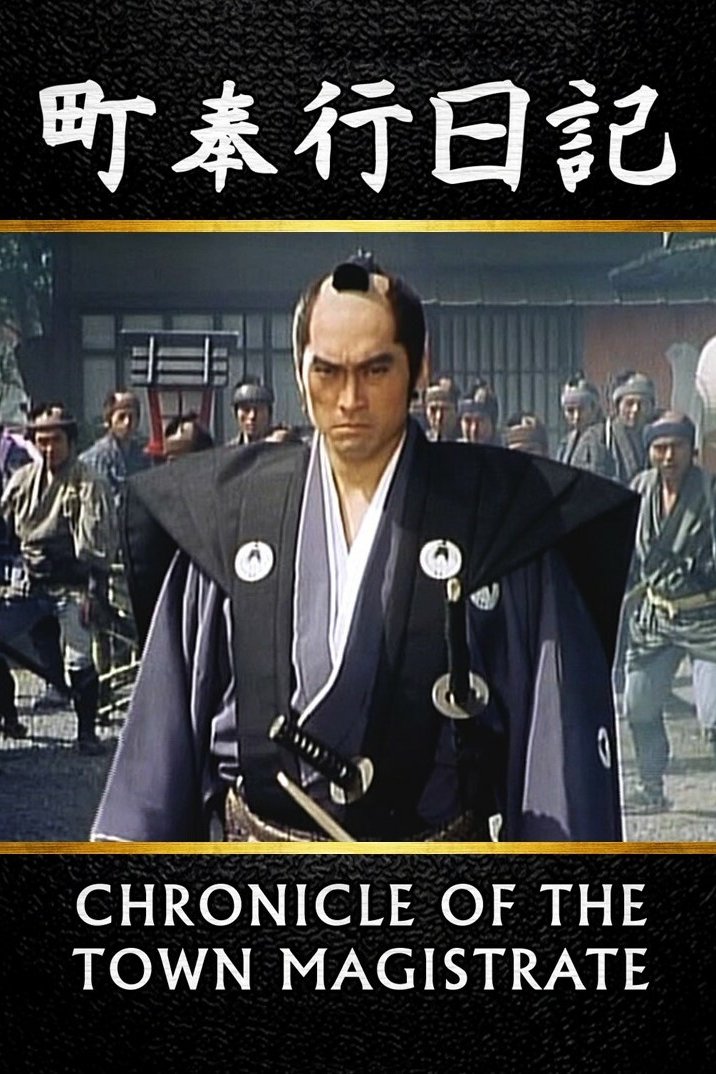
In a maelstrom of evil, can a new magistrate, samurai Mochizuki Koheita, with a reputation like an alley cat, bring order to the town of Horisoto, or is he, too a corrupt villain looking to gain wealth from the oppressed people? From the pen of famed samurai author Yamamoto Shugoro, this exciting tale turns the tables on the standard samurai story with a unique lead character previously portrayed in Ichikawa Kon’s “Dora Heita.”
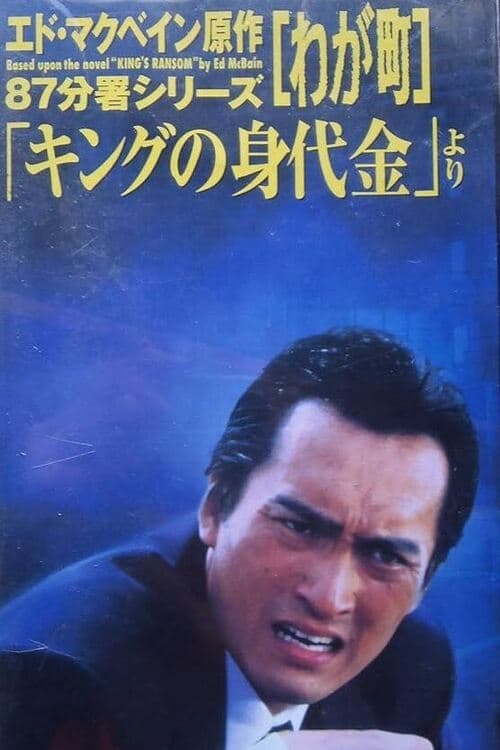
Based on Ed McBain's "87th Precinct" series. The drama series is set in Tsukishima, a popular town near downtown Tokyo, and is composed of content that incorporates the storyline of the original work while also incorporating current events and social issues in Japan.
By browsing this website, you accept our cookies policy.